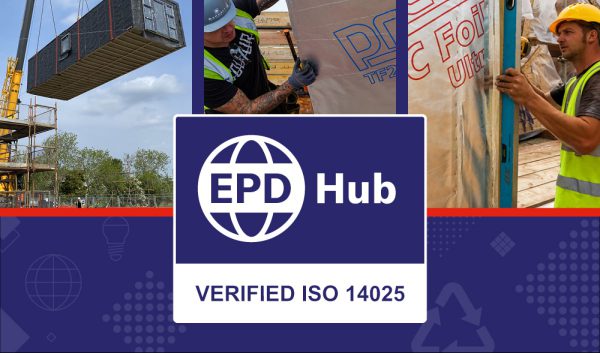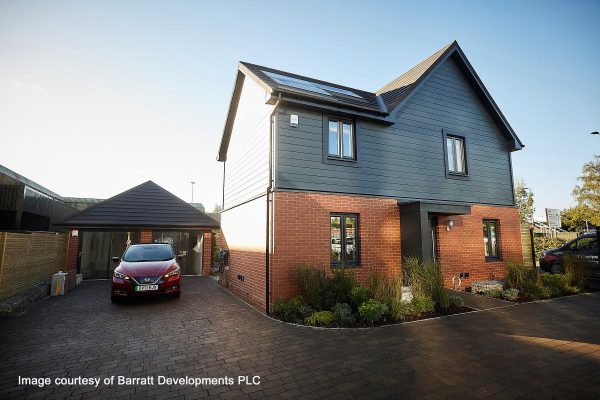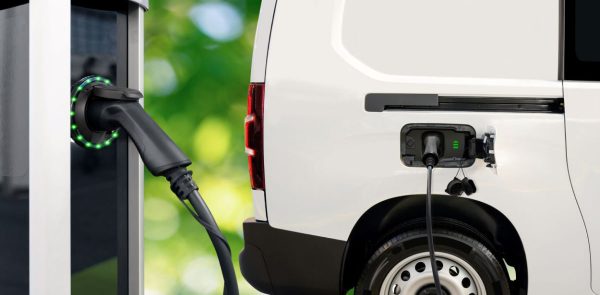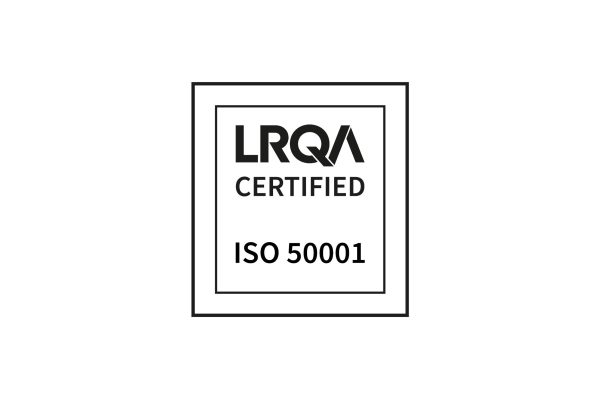Group Sustainability Board
Building Product Design has a dedicated Group Sustainability Board and we have recently received gold accreditation from the Supply Chain Sustainability School.
The Sustainability Board is executing a bespoke action plan, which includes initiatives such as an in-house conveyor to deliver closed loop recycling. This involves granulating waste ABS offcuts from our tile ventilation production line which are compounded, moulded, and recycled back into products by local suppliers based within five miles of the factory. This recyclate is then used within the Glidevale Protect division’s tile ventilation hoods. For rolled goods, the company is collaborating with a recycling partner who is collecting reflective membrane waste from our UK factories and recycling the material. A partnership is also underway with a local company who is recycling all used pallets and waste timber from the factory site.
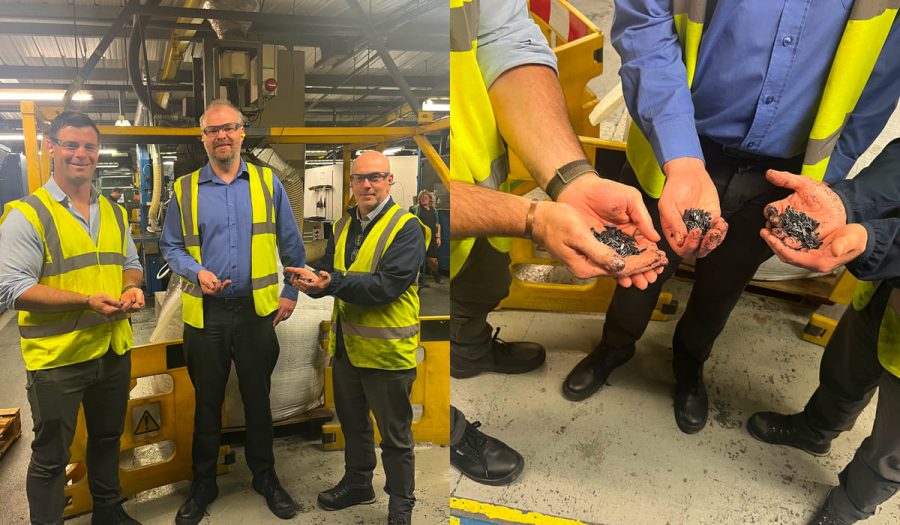
We are working to reduce the plastic content in our product packaging. Currently 100% of the company’s plastic bag and shrink wrap suppliers are delivering products that contain a minimum of 30% recycled material and overall, 93% of total plastics used contain at least 30% recycled content. 95% of all cardboard boxes, roll cores and corrugated material used are FSC compliant or verified by the Forestry Commission, with suppliers confirming that all the cardboard boxes used in the company’s packaging contain a minimum of 70% recycled material.
Where appropriate, we have removed some plastic from product packaging and have collaborated with selected customers on a take-back service on roll cores and stabilising cradles, allowing materials to be reused and put back into its production process.
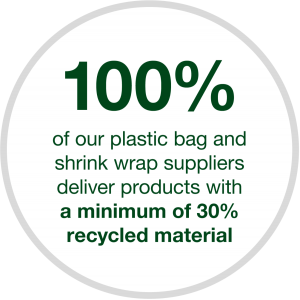
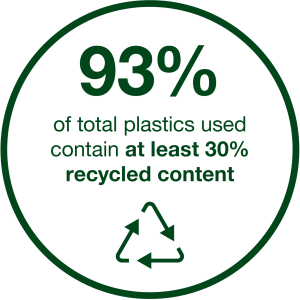
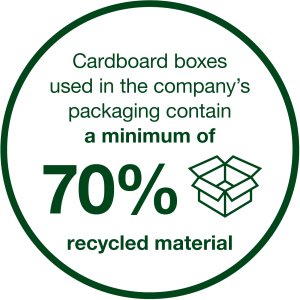
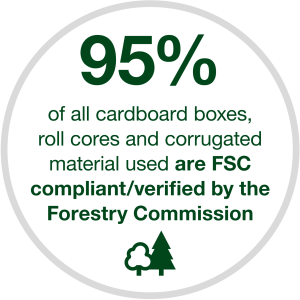
Environment product declarations for key products
On a product level, our Glidevale Protect division has developed independently verified Environmental Product Declarations (EPDs) for three of its most popular construction membranes to aid specifiers by providing clear sustainability and life cycle assessment data. The key to construction projects meeting their sustainability targets is to have access to this reliable technical information. This data is created by One Click LCA and verified by the EPD Hub in accordance with EN 15804+A2 & ISO 14025 / ISO 21930.
ISO 50001
Building Product Design has become ISO 50001 accredited to further reduce our carbon footprint as a manufacturer, having put effective energy management systems in place at our two UK manufacturing plants. The internationally recognised standard for energy management, ISO 50001, is centred around implementing effective systems as well as continually monitoring energy use and making changes to processes in response to the data.
Achieving ISO 50001 certification is the latest in a series of sustainability focused developments driven by our dedicated Group Sustainability Board, and demonstrates our ongoing commitment to improving energy efficiency, conserving resources and reducing the environmental impact of our manufacturing operations.

